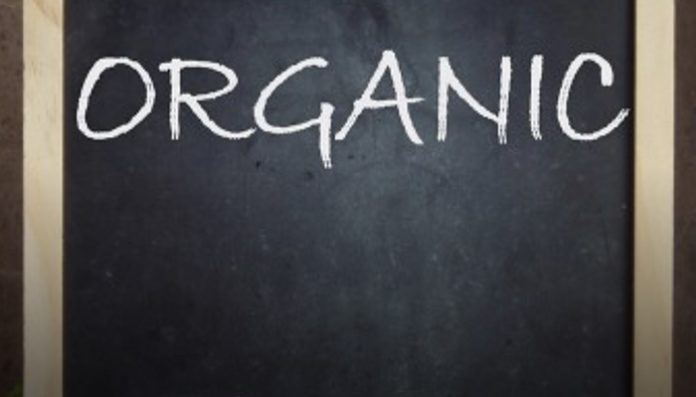With an infusion of grant money from the USDA, a coalition of organic groups is hoping to change that.
Let’s start off by noting that this is not about organic marketing or other tactics from organic-driven corporations that tend to divide farmers, scientists, and the public. Rather, this is — hopefully — about learning how to work more efficiently with less impact if you choose to grow foods using organic production methods.
Last week, the Organic Farming Research Foundation and Organic Seed Alliance were jointly awarded funding for their proposal titled A National Agenda for Organic and Transitioning Research. This funding will allow the organizations to conduct national surveys of organic producers to put forth an updated and comprehensive roadmap for future research investments.
“With demand for organic products continuing to outpace domestic production,” OFRF’s Executive Director Brise Tencer said, “the organic industry needs more research that helps existing organic farmers scale-up, diversify, and increase profitability, and also encourages more farmers and ranchers to transition to sustainable organic practices that are better for the environment and people.”
These groups and others helped to secure an increase in federal funding for organic research of $50 million (up from $20 million) in the 2018 Farm Bill. This increase provides an opportunity for researchers to tackle the challenges that inhibit the growth of organic production.
“Organic farmers produce food differently, and that means they need different seed for the crops they grow — seed developed to thrive without synthetic fertilizers and pesticides, and adapted to their local climate and soil conditions,” says Kiki Hubbard, who co-leads OSA’s State of Organic Seed (SOS) project, which helps to monitor the status of organic seed in the U.S. to increase the diversity, quality, and integrity of organic seed available to farmers.
Source: www.agdaily.com









